Homún, a charming town in Yucatán known for its stunning cenotes, is also home to a rich cultural tradition celebrated each year: the Homún Traditional Festival.
The Homún Traditional Festival is held annually in honor of San Buenaventura, the town’s patron saint. The festivities begin on July 5 and run until July 15, offering ten days filled with activities and entertainment for people of all ages.
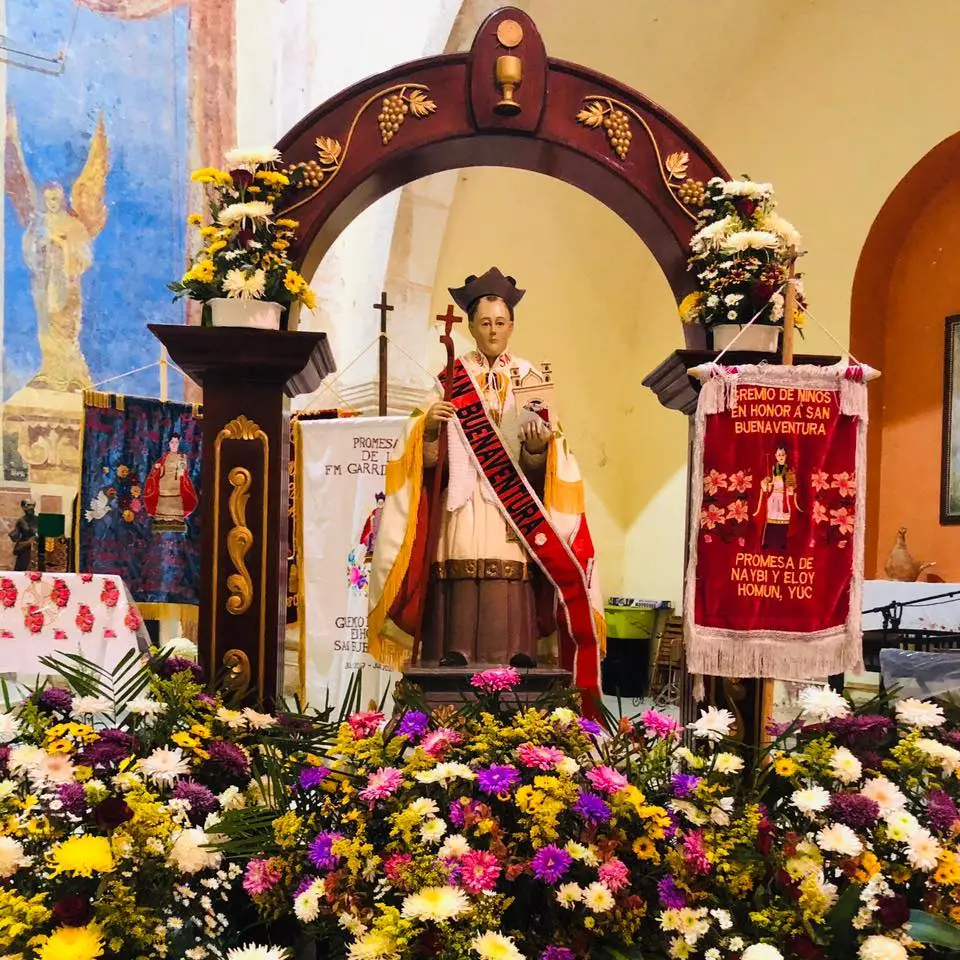
Activities and Events of the Homún Traditional Festival
Masses and Processions
The celebration begins with a solemn mass at the Church of San Buenaventura, followed by processions through the village streets. Devotees carry the image of the saint, accompanied by mariachi music and traditional dancers.
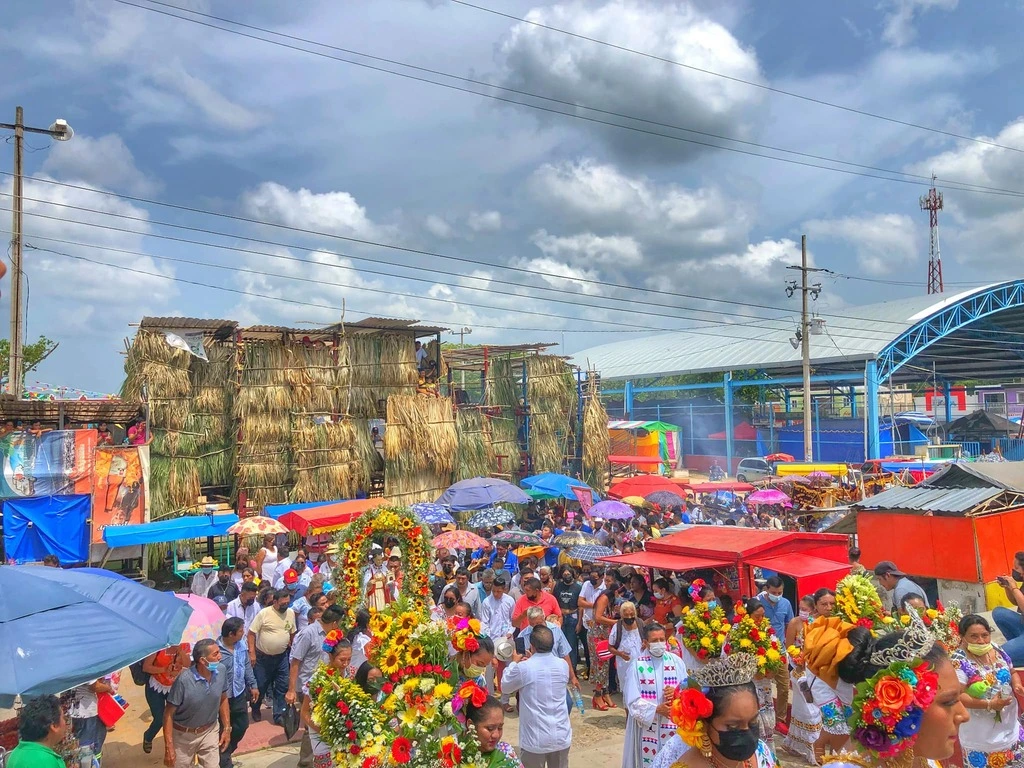
Vaquería
One of the most anticipated traditions is the vaquería, a traditional dance held in the main square. The men and women of the village dress in typical attire and dance to the rhythm of the Yucatecan jarana, proudly showcasing their cultural roots.
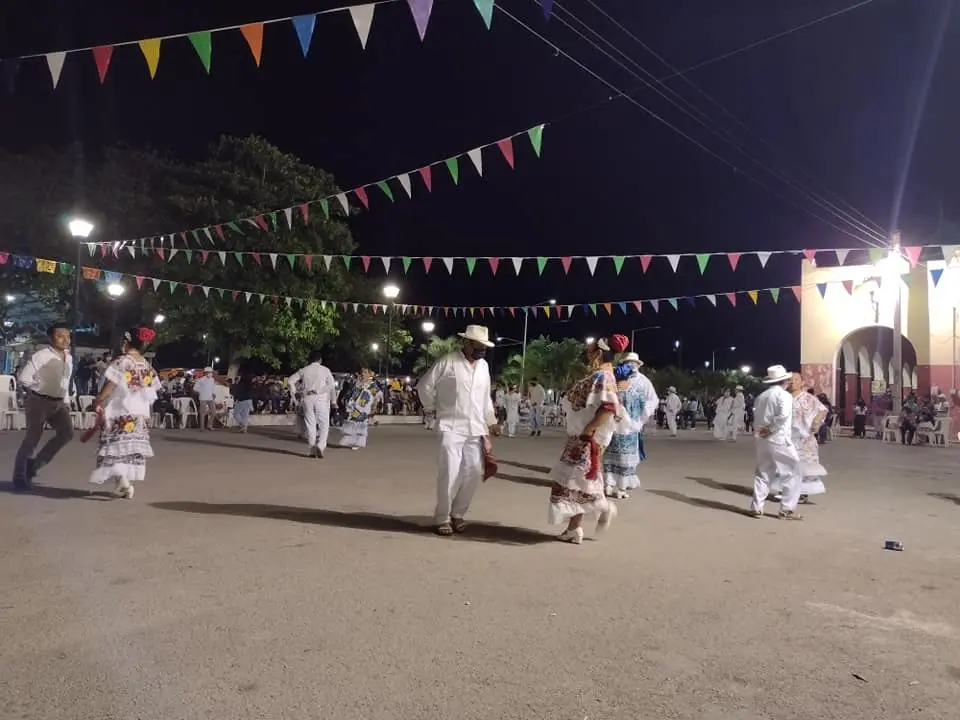
Sports and Cultural Events
During the festival days, various sports competitions are organized, such as horse races and soccer tournaments. Additionally, theater, music, and dance performances are showcased, reflecting the rich cultural heritage of the region.
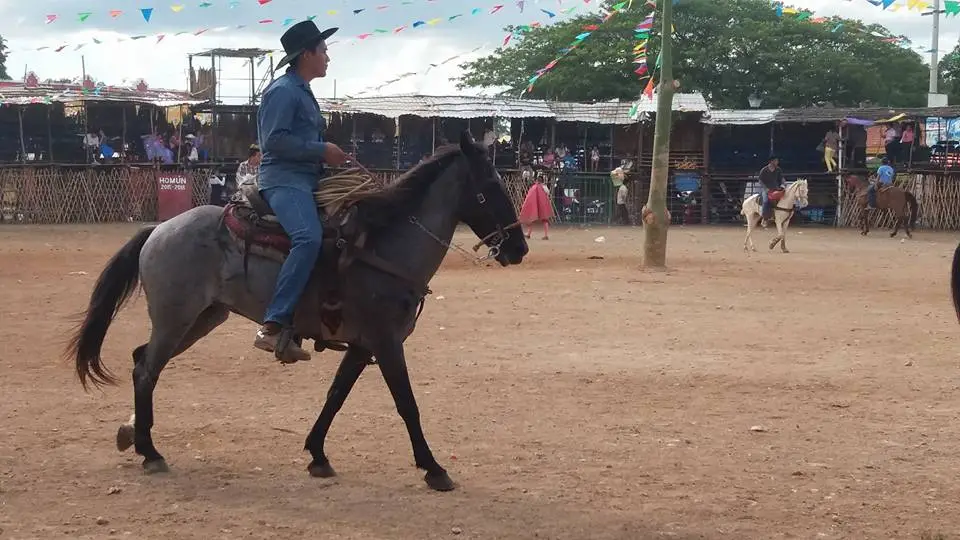
Fair and Gastronomy
The town square transforms into a vibrant fair with carnival rides, craft stalls, and a wide variety of traditional Yucatecan food. Don’t miss out on trying delicious salbutes, panuchos, cochinita pibil, and other traditional dishes that will delight your taste buds.
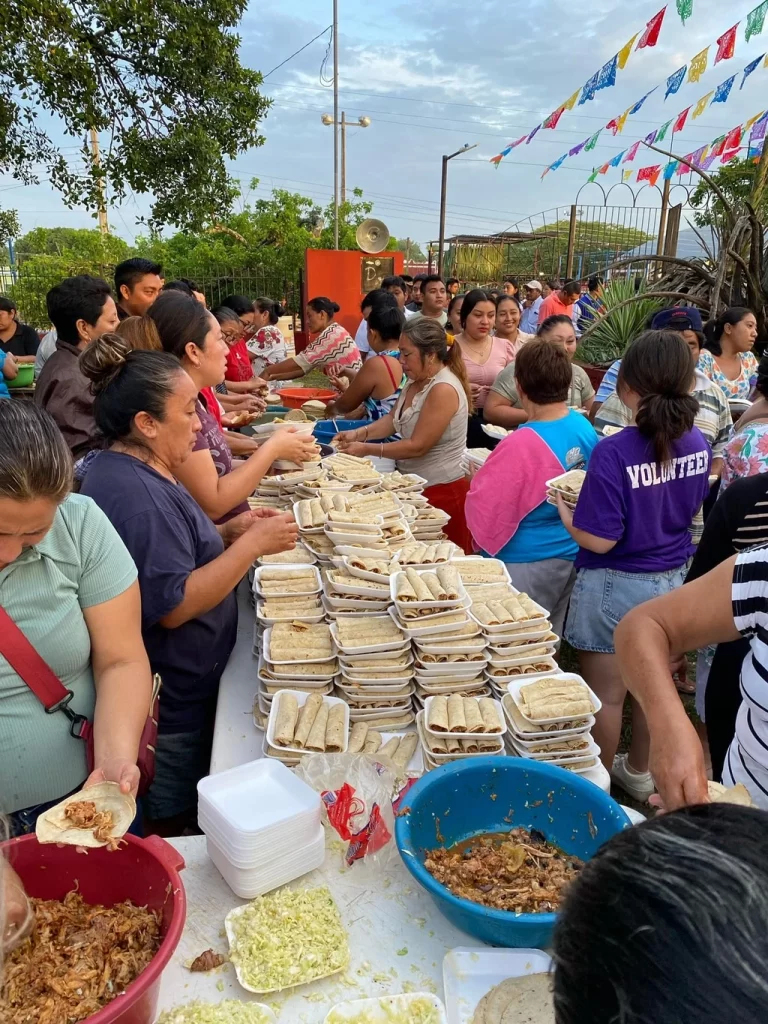
Night of Fireworks
Each night, the sky of Homún lights up with an impressive fireworks display that wraps up the day’s activities with a grand finale, creating a magical and festive atmosphere that enchants all attendees.
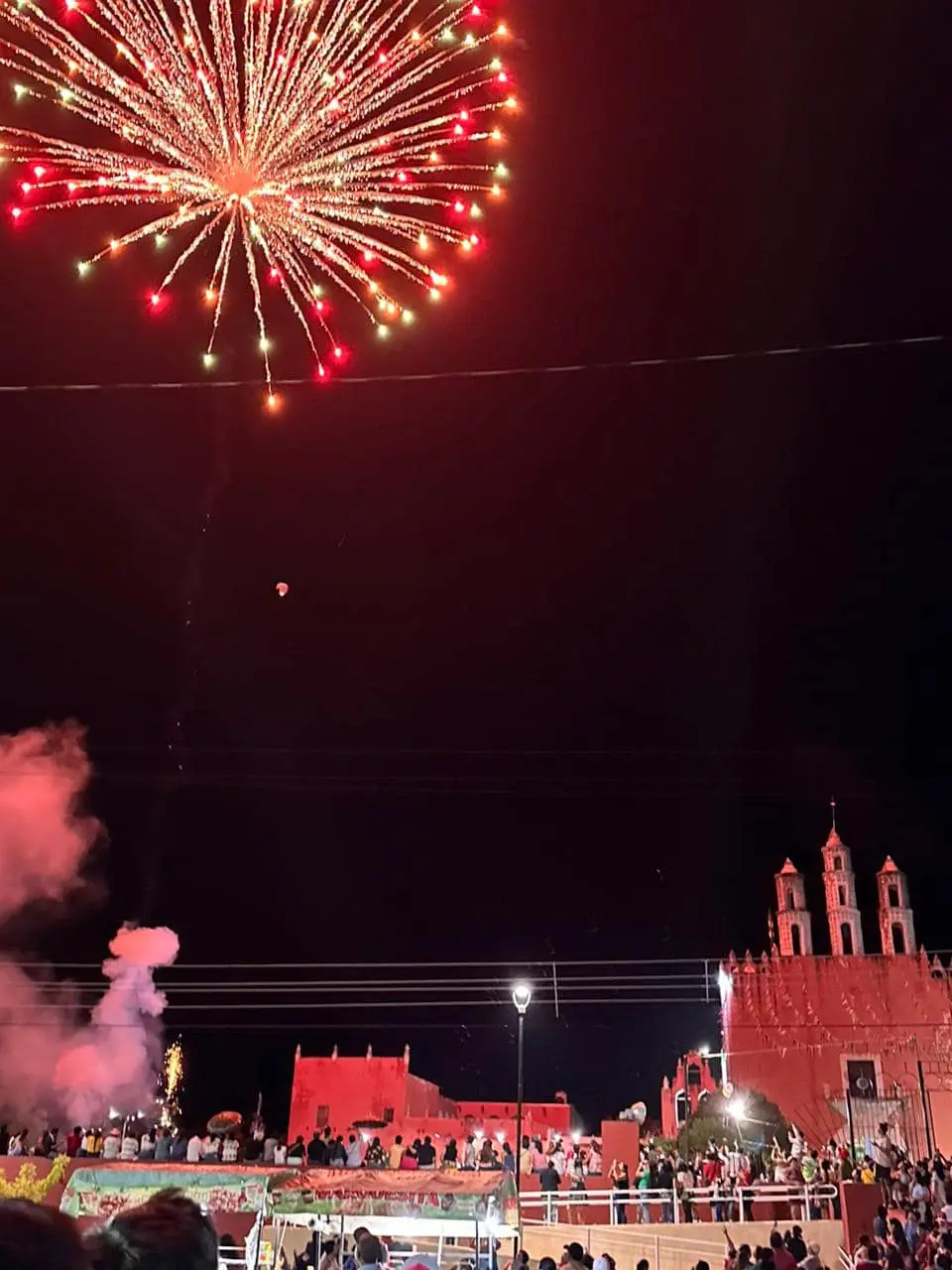
Significance and Community of the Homún Traditional Festival
The Homún Traditional Festival is not only a religious and cultural celebration but also an opportunity to strengthen community bonds. The townspeople come together to organize and participate in the festivities, demonstrating a deep sense of identity and pride in their heritage.
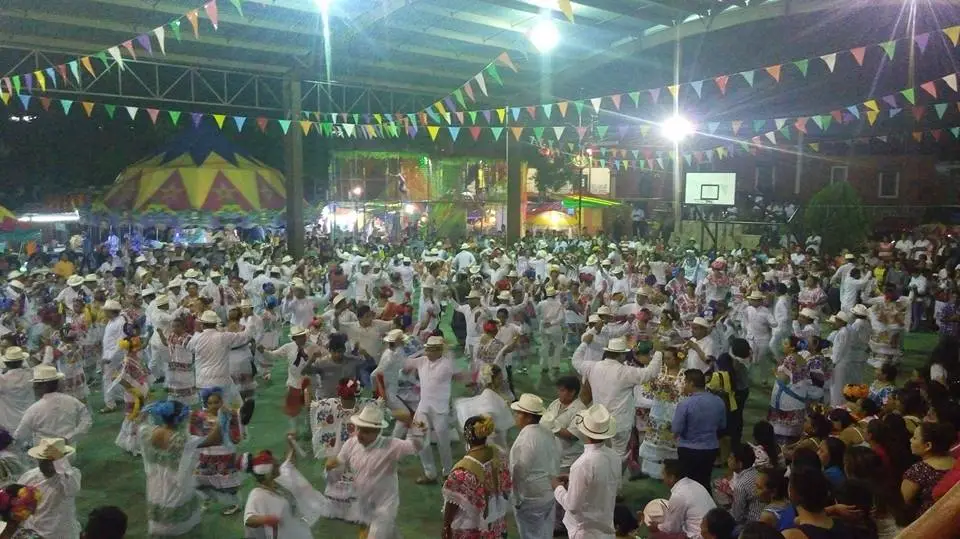
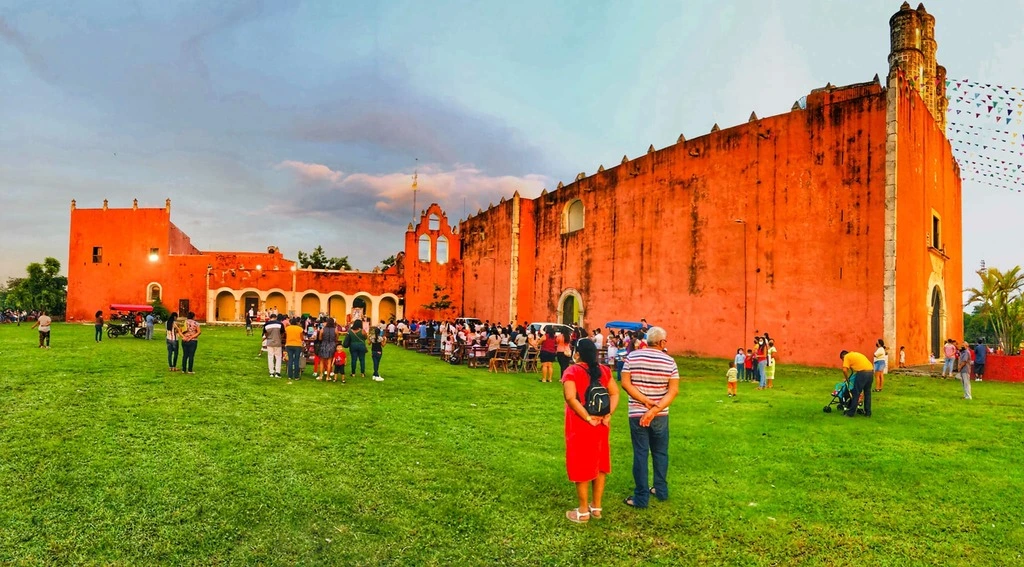
Leave a Reply